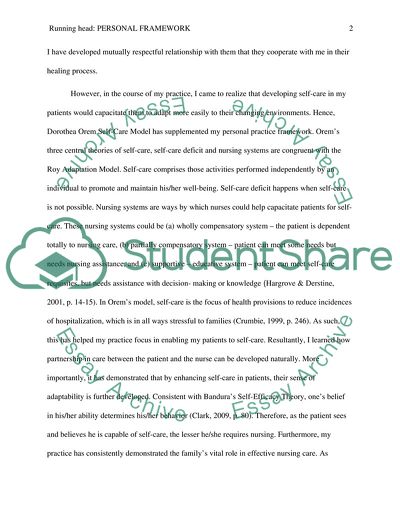Cite this document
(Personal Framework - Family Nursing Practice Report, n.d.)
Personal Framework - Family Nursing Practice Report. https://studentshare.org/nursing/1754073-personal-framwork
Personal Framework - Family Nursing Practice Report. https://studentshare.org/nursing/1754073-personal-framwork
(Personal Framework - Family Nursing Practice Report)
Personal Framework - Family Nursing Practice Report. https://studentshare.org/nursing/1754073-personal-framwork.
Personal Framework - Family Nursing Practice Report. https://studentshare.org/nursing/1754073-personal-framwork.
“Personal Framework - Family Nursing Practice Report”. https://studentshare.org/nursing/1754073-personal-framwork.


